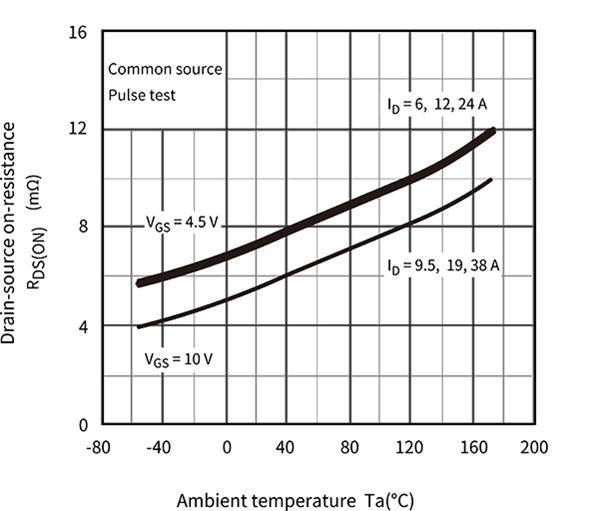- 型号 & 关键词搜索
- 交叉搜索
- 参数搜索
- 库存查询与购买
This webpage doesn't work with Internet Explorer. Please use the latest version of Google Chrome, Microsoft Edge, Mozilla Firefox or Safari.
请输入3个以上字符 Search for multiple part numbers fromhere.
The information presented in this cross reference is based on TOSHIBA's selection criteria and should be treated as a suggestion only. Please carefully review the latest versions of all relevant information on the TOSHIBA products, including without limitation data sheets and validate all operating parameters of the TOSHIBA products to ensure that the suggested TOSHIBA products are truly compatible with your design and application.Please note that this cross reference is based on TOSHIBA's estimate of compatibility with other manufacturers' products, based on other manufacturers' published data, at the time the data was collected.TOSHIBA is not responsible for any incorrect or incomplete information. Information is subject to change at any time without notice.
请输入3个以上字符
MOSFET的导通电阻是否取决于温度?
MOSFET导通电阻通常具有热依赖性。其温度系数为正数。换言之,电阻值在高温下会增大,在低温下会减小。

一般而言,金属导体的电阻值温度系数为正数,半导体的电阻值温度系数为负数。然而,MOSFET导通电阻的温度系数为正数。系数值因器件的击穿电压和制造工艺而异,因此需要查看数据表等进行检查。设计时,请考虑该温度波动,进行散热设计和电路设计。
关于电阻的变化,请参考下面的FAQ。

